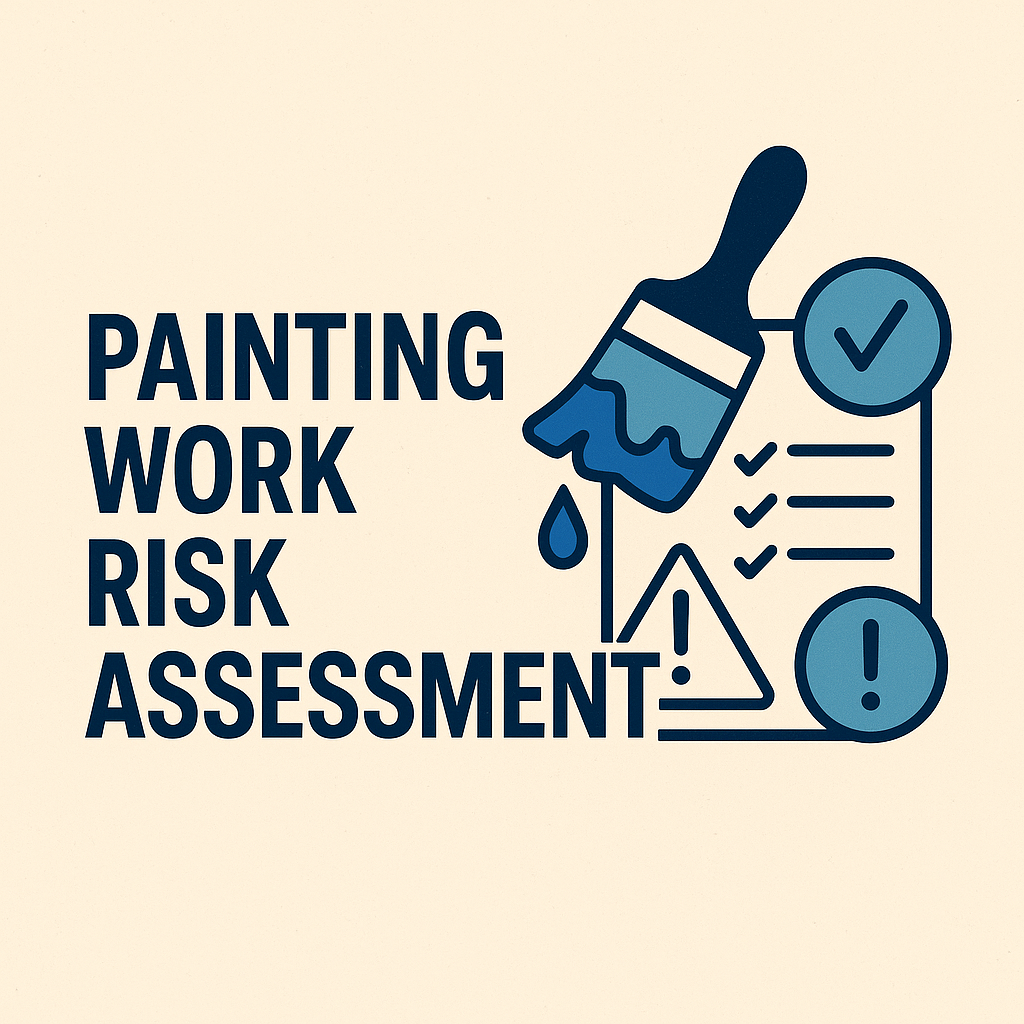
Which Course is Best for Safety Officer?
As the demand for safety officers continues to rise across various industries, choosing the right course becomes paramount. The safety sector is dynamic, with ever-evolving regulations and practices. This article aims to guide aspiring safety officers in selecting the most suitable course that aligns with their career goals and industry demands.
Introduction
In the realm of occupational safety, the role of a safety officer is pivotal. These professionals play a crucial role in ensuring workplace safety, implementing preventive measures, and responding effectively to emergencies. Choosing the best course is the foundation of a successful career in this field.
Popular Safety Officer Courses
Exploring OSHA Certifications
The Occupational Safety and Health Administration (OSHA) offers a range of certifications designed to cover various industries and safety aspects. These certifications provide a strong foundation in safety regulations and compliance.
NEBOSH Courses for International Recognition
For those seeking international recognition, courses provided by the National Examination Board in Occupational Safety and Health (NEBOSH) are highly regarded. These courses are comprehensive and cater to a global standard of safety practices.
ANSI/ASSP Standards and Certifications
The American National Standards Institute (ANSI) and the American Society of Safety Professionals (ASSP) provide certifications that adhere to industry standards. These certifications are recognized for their focus on specific safety domains.
Choosing the best course for a Safety Officer depends on various factors, including your location, industry, and specific areas of interest within safety management. However, there are some widely recognized courses and certifications that can enhance your skills and qualifications as a Safety Officer. Here are a few options:- NEBOSH (National Examination Board in Occupational Safety and Health):
- NEBOSH offers internationally recognized qualifications in health and safety. Courses such as NEBOSH International General Certificate (IGC) or NEBOSH International Diploma are highly regarded.
- OSHA (Occupational Safety and Health Administration) Courses:
- OSHA offers a variety of courses related to occupational safety and health. The 30-hour and 10-hour General Industry and Construction courses are popular choices.
- ISO 45001 Lead Auditor Course:
- This course focuses on the ISO 45001 standard, which is an international standard for occupational health and safety management systems. It’s suitable for those who want to understand and implement this standard.
- ASP (Associate Safety Professional) or CSP (Certified Safety Professional):
- Offered by the Board of Certified Safety Professionals (BCSP), these certifications are valuable for those looking to advance their career in safety management.
- Diploma in Industrial Safety:
- Many institutes offer diploma programs specifically in industrial safety, covering a range of topics relevant to safety officers.
- Emergency Response and Crisis Management Courses:
- Depending on your industry, courses that focus on emergency response and crisis management can be beneficial for a Safety Officer.
Before selecting a course, consider factors such as the accreditation of the course, the reputation of the issuing body, and how well the content aligns with your career goals and industry requirements. Additionally, local regulations and requirements may influence your choice, so it's essential to research the specific needs of your region or industry.Accreditation and Recognition
Importance of Accreditation in Safety Courses
Accreditation adds credibility to a safety course. Employers often prioritize candidates who have completed accredited programs, as it ensures a certain standard of education and training.
Recognized Institutions for Safety Officer Training
Choosing courses offered by well-established institutions adds value to one’s resume. Institutions with a history of producing successful safety professionals are likely to provide quality education.
Specialized Courses
Hazardous Materials Handling
For safety officers working in industries dealing with hazardous materials, specialized courses in handling and managing these materials are essential. These courses delve deep into the protocols and safety measures required.
Construction Safety Management
Construction sites pose unique safety challenges. Courses specializing in construction safety management equip safety officers with the knowledge and skills necessary for these environments.
Emergency Response Planning
Effective emergency response planning is a critical aspect of a safety officer’s role. Courses focusing on emergency response prepare individuals to handle crises with precision.
Online vs. Offline Courses
Advantages and Disadvantages of Online Safety Courses
Online courses offer flexibility, allowing individuals to study at their own pace. However, the lack of physical presence may impact hands-on learning experiences.
Traditional Classroom-Based Training
Traditional classroom-based training provides a more immersive learning experience. Interacting with instructors and peers enhances the understanding of practical applications.
Duration and Time Commitment
Short-Term vs. Long-Term Courses
The duration of a safety course is a crucial factor. Short-term courses may provide quick certification, while long-term courses offer in-depth knowledge and expertise.
Balancing Work and Study Commitments
For individuals already working, finding a course that accommodates their schedule is vital. Balancing work and study commitments ensures a smooth learning journey.
Cost Considerations
Analyzing the Cost of Safety Officer Courses
Investing in education is an investment in one’s career. Analyzing the cost of safety courses and weighing it against the potential benefits is a key decision-making factor.
Value for Money in Safety Education
While cost is a consideration, the value derived from the education is equally important. Courses that offer practical knowledge and real-world application provide long-term value.
Career Advancement Opportunities
Impact of Course Selection on Career Growth
Choosing the right course can significantly impact career advancement. Some courses may open doors to specialized roles or leadership positions within the safety field.
Testimonials from Successful Safety Officers
Listening to the experiences of successful safety officers who have undergone specific courses can provide valuable insights. Testimonials offer a realistic view of the course’s effectiveness.
Industry Trends and Emerging Courses
Adapting to Technological Advancements
The safety industry is evolving with technological advancements. Courses that incorporate the latest technologies and practices ensure graduates stay relevant in the field.
Emerging Safety Practices and Courses
Staying informed about emerging safety practices and courses positions safety officers as industry leaders. Continuous learning is key to adapting to changing safety landscapes.
Practical Application of Knowledge
Real-World Scenarios in Safety Officer Roles
The practical application of knowledge gained from a course is crucial. Real-world scenarios and case studies enhance a safety officer’s ability to handle diverse situations.
Case Studies of Successful Course Graduates
Highlighting case studies of safety officers who have successfully applied their course knowledge adds credibility to the effectiveness of specific programs.
Networking and Professional Associations
Importance of Networking in the Safety Industry
Building a network within the safety industry opens doors to opportunities. Courses that facilitate networking and connections contribute to a safety officer’s professional growth.
Joining Professional Safety Associations
Membership in professional safety associations enhances credibility and provides access to resources and opportunities for ongoing professional development.
Tips for Choosing the Right Course
Assessing Personal Career Goals
Individuals should align their course choice with their career goals. Assessing whether a course caters to specific career aspirations ensures a meaningful investment.
Seeking Advice from Experienced Safety Professionals
Gaining insights from experienced safety professionals can be invaluable. Seeking advice helps individuals make informed decisions based on real-world experiences.
Common Mistakes to Avoid
Choosing Courses Solely Based on Popularity
Popular courses may not always be the best fit for individual needs. It’s essential to consider personal career goals and the specific skills required in one’s chosen industry.
Ignoring Accreditation and Industry Recognition
Accreditation and industry recognition validate the quality of a course. Ignoring these factors may result in investing time and money in a program with limited credibility.
Success Stories
Profiles of Successful Safety Officers and Their Chosen Courses
Profiles of successful safety officers, detailing their educational journey and the courses they undertook, inspire and guide aspiring safety professionals.
Inspiring Journeys in the Safety Profession
Highlighting inspiring journeys within the safety profession motivates readers to pursue their goals with dedication and passion.
Conclusion
In conclusion, choosing the best course for a safety officer is a critical decision that can shape the trajectory of one’s career. By considering factors such as accreditation, specialization, and industry trends, individuals can make informed choices that contribute to their success in the dynamic field of safety.
NEBOSH HSE Manager Salary 2024
FAQs
- Q: Can I become a safety officer without formal education?
- A: While formal education is beneficial, there are alternative paths such as certifications and on-the-job training.
- Q: Are online safety courses as effective as traditional ones?
- A: Both have their advantages. Online courses offer flexibility, while traditional ones provide a more immersive experience.
- Q: How often should safety officers update their skills?
- A: Continuous learning is crucial in the safety field. Updating skills regularly ensures relevance in a dynamic industry.
- Q: Is it necessary to join a professional safety association?
- A: Joining a professional association enhances networking and provides access to valuable resources for career growth.
- Q: Can I specialize in a specific industry as a safety officer?
- A: Yes, specialized courses allow safety officers to focus on industries such as construction, healthcare, or manufacturing.
























